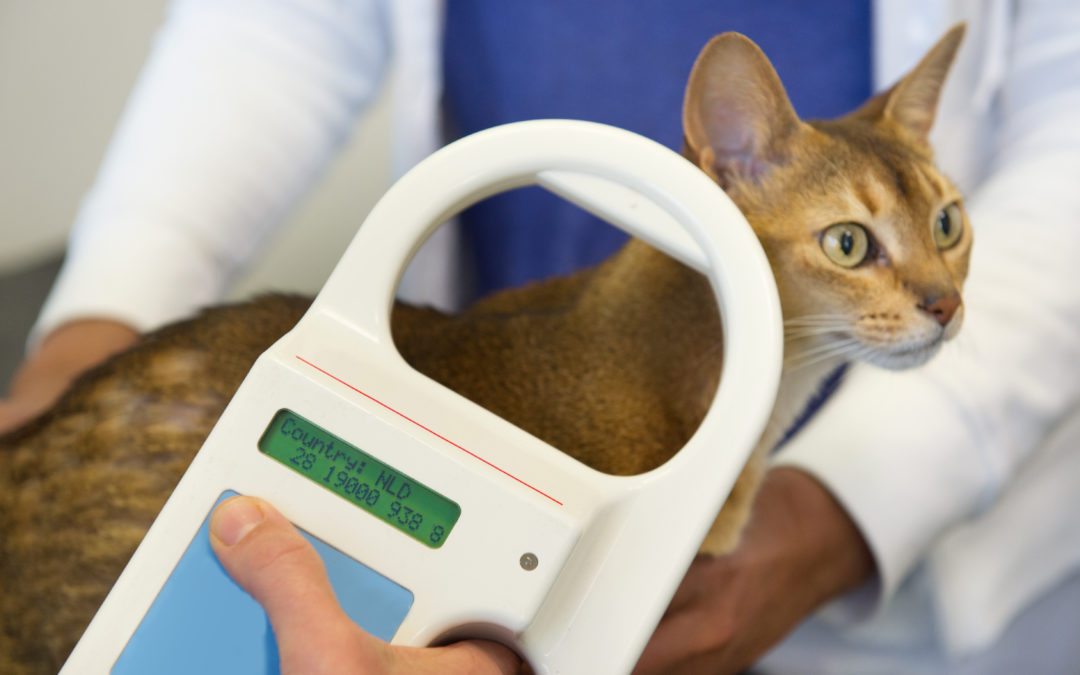It’s no secret that microchipping your pet is important. It’s a quick, simple procedure that dramatically increases the likelihood that your pet comes home if they ever become lost. A microchip is a simple, tiny (about the size of a grain of rice), and inexpensive way to give your pet a “voice.” It gives your pet the ability to tell the person who finds him who he is and where he lives. A microchip provides secure, reliable, and permanent identification, which greatly increases the likelihood that your pet, if lost, will be returned home to you.
Think it’s impossible? Think again!
Lost pet statistics
- More than 10 million dogs and cats are lost or stolen in the U.S. every year (an estimation from the American Humane Association).
- One in three pets will become lost at some point during its lifetime.
- About 22 percent of lost dogs that enter animal shelters are reunited with their families, but the rate of return for microchipped dogs is more than 52 percent, which is a 238 percent increase (according to a study published in the Journal of the American Veterinary Medical Association).
- Less than 2 percent of lost cats that enter animal shelters are reunited with their families, but the rate of return for microchipped cats is more than 38 percent, which is a 2,000 percent increase (the same study published in the Journal of the American Veterinary Medical Association).
Don’t just microchip, make sure the information is up-to-date!
A microchip only does its job if it is registered with up-to-date contact information in a pet recovery database. The same study published in the Journal of the American Veterinary Medical Association mentioned above also indicated that only 58 percent of microchipped animals in shelters have microchips that are registered in a database with their owner’s contact information. That means that more than 40 percent of the microchipped animals had microchips that were essentially useless.
Yes, we can help microchip your pet. Please contact Animal Medical Center of Wyoming with any and all questions you may have.


